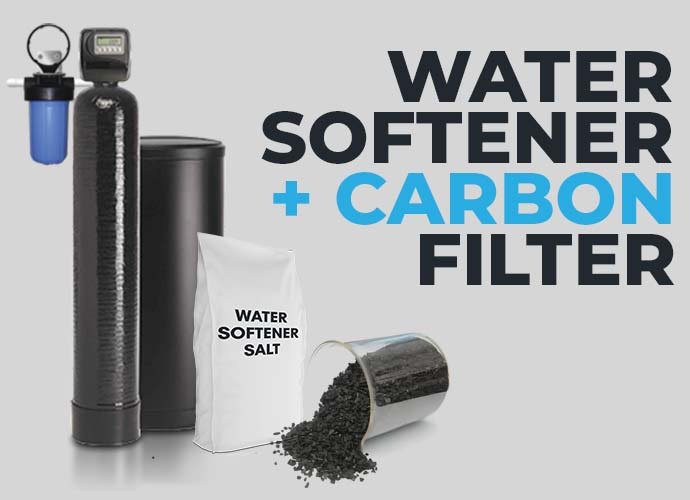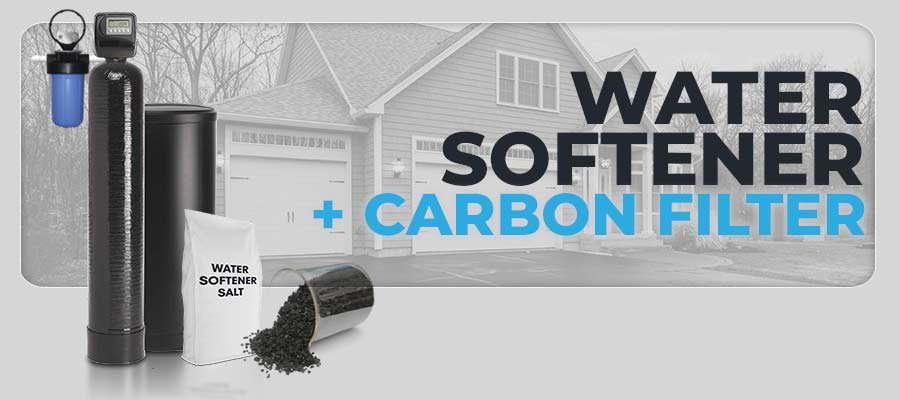Plumbing and Appliances:
Scale Buildup: Hard water contains high levels of calcium and magnesium, which can form scale deposits in pipes, water heaters, and appliances. This buildup can reduce water flow, decrease efficiency, and increase the risk of costly repairs.
Reduced Appliance Lifespan: Appliances such as dishwashers, washing machines, and water heaters may wear out faster due to the accumulation of scale, leading to more frequent replacements.
Cleaning and Laundry:
Soap Efficiency: Hard water reduces the effectiveness of soap and detergents, making it harder to achieve a good lather. This results in using more soap and still having less effective cleaning.
Stain Reduction: Hard water can leave soap scum on dishes, glassware, and bathroom fixtures. Laundry washed in hard water may feel stiff and look dull, with potential mineral deposits left on clothes.
Increased Effort: More time and effort are needed for cleaning tasks, such as scrubbing soap scum from bathtubs and sinks.
Personal Care:
Reduced Skin Irritation: The absence of harsh minerals helps prevent skin irritation, making showers and baths more enjoyable.
Skin and Hair Issues: Hard water can cause dry, itchy skin and dull, lifeless hair. The minerals in hard water can strip natural oils from the skin and hair, leading to dryness and irritation.
Soap Residue: Soap may not rinse off completely, leaving a residue on the skin that can clog pores and lead to acne or other skin problems.
Energy Efficiency:
Increased Energy Use: Scale buildup in water heaters and boilers can act as an insulating layer, reducing efficiency and requiring more energy to heat water. This can lead to higher utility bills.
Improved Water Taste and Smell:
Enhanced Flavor: The removal of chlorine, chloramines, and other chemicals by the activated carbon filter results in better-tasting and odor-free water.
Encourages Hydration: Better-tasting water encourages regular consumption, contributing to overall health and well-being.

A water softener combined with a carbon filter is an effective solution to address both hard water issues and remove contaminants, improving the overall quality of your household water. Here’s an explanation of how each component works and how they function together:
Ion Exchange Process:
Resin Beads: The water softener contains a tank filled with resin beads that are coated with sodium or potassium ions.
Hard Water Minerals: As hard water passes through the resin tank, calcium and magnesium ions, which cause water hardness, are attracted to and bind to the resin beads.
Ion Exchange: The resin beads release sodium or potassium ions into the water in exchange for the calcium and magnesium ions. This process effectively "softens" the water by removing the minerals that cause hardness.
Regeneration Cycle:
Saturation: Over time, the resin beads become saturated with calcium and magnesium ions and can no longer effectively soften the water.
Brine Solution: The system automatically initiates a regeneration cycle, during which a brine solution (salt water) is flushed through the resin tank.
Ion Replacement: The high concentration of sodium or potassium ions in the brine solution displaces the calcium and magnesium ions from the resin beads, washing them out of the system and restoring the beads' softening capacity.
Rinsing: TThe resin tank is rinsed with fresh water to remove any residual brine solution before returning to normal operation.
Activated Carbon:
Adsorption: The carbon filter contains activated carbon, which has a large surface area and high adsorption capacity. Activated carbon adsorbs and traps a wide range of contaminants, including chlorine, chloramines, volatile organic compounds (VOCs), pesticides, herbicides, and other chemicals.
Chemical Reactions: The activated carbon can also neutralize certain contaminants through chemical reactions, further purifying the water.
Filtration:
Particulate Removal: In addition to chemical adsorption, the carbon filter also removes particulate matter, sediment, and some bacteria from the water, enhancing its clarity and safety.

Water Softener Features:
Reliable Clack Metered Valve
Built in Bypass
Easy to Program
No special tools required
Battery back-up
Digital display
Carbon Filter Features:
5 Micron Ultra sediment filter
Easily installed and replaced (annually)
Removal of contaminants through adsorption (attraction)
Better tasting water
Removes Odors
Our water quality experts will show you exactly what contaminants are in your water with independent testing.
Combat Dry and Cracked Skin: The Impact of Hard Water and Soap over Usage.
Discover How Many Particles Your Family's Drinking Water Contains.
Reveal Your Water's Particles and How we can Eliminate those Toxins.
Reveals the difference between their water and filtered water - Consequence of doing NOTHING!
Identifying Toxins in Your Water: Empowering You to Choose What Stays or Goes.
Click the button below and complete our quick survey to get started with our water specialist!
Click to Schedule-Free Water Test-